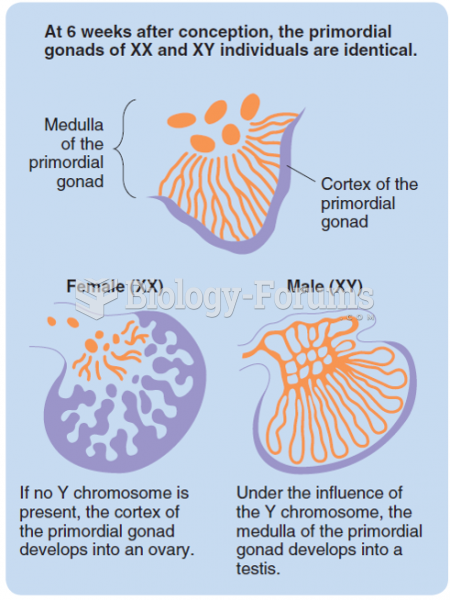Answer to Question 1
Following World War II, the concepts of underdevelopment and underdeveloped nations emerged out of the Marshall Plan, which provided massive sums of money in direct aid and loans to rebuild the European economic base destroyed in World War II. Given the Marshall Plan's success in rebuilding much of Europe, U.S. political leaders decided that the Southern Hemisphere nations that had recently been released from European colonialism could also benefit from a massive financial infusion and rapid economic development. Leaders of the developed nations argued that urgent problems such as poverty, disease, and famine could be reduced through the transfer of finance, technology, and experience from the developed nations to lesser-developed countries. From this viewpoint, economic development is the primary way to solve the poverty problem. Ideas regarding underdevelopment were popularized by President Harry S. Truman in his 1949 inaugural address. According to Truman, the nations in the Southern Hemisphere were underdeveloped areas because of their low gross national product, the gross national income (GNI)a term that refers to all the goods and services produced in a country in a given year, plus the net income earned outside the country by individuals or corporations. If nations could increase their GNI, then social and economic inequality among the citizens within the country could also be reduced. Accordingly, Truman believed that it was necessary to assist the people of economically underdeveloped areas to raise their standard of living, by which he meant material well- being that can be measured by the quality of goods and services that may be purchased by the per capita national income. After several decades of economic development fostered by organizations such as the United Nations and the World Bank, it became apparent by the 1970s that improving a country's GNI did not tend to reduce the poverty of the poorest people in that country. In fact, global poverty and inequality were increasing, and the initial optimism of a speedy end to underdevelopment faded.
Answer to Question 2
True







